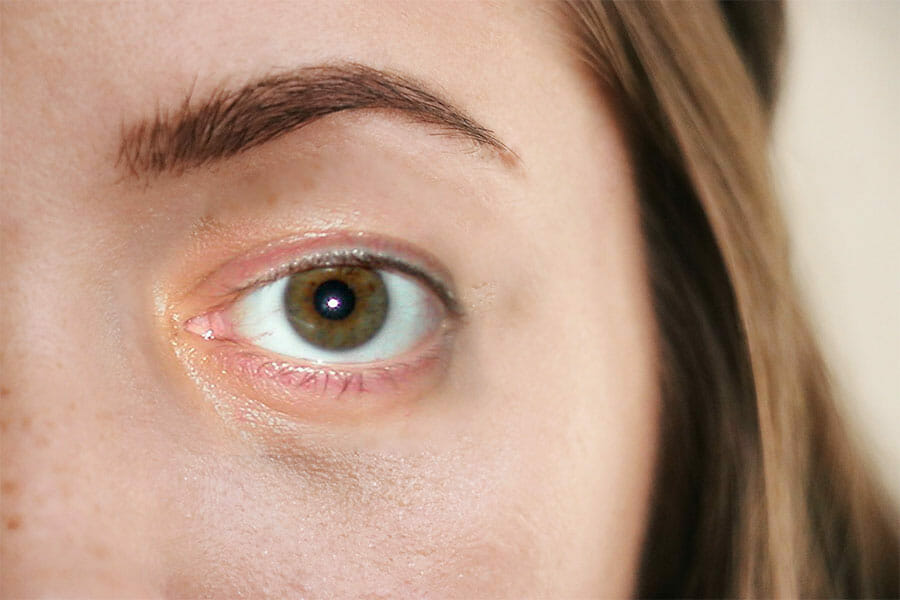The most common medical cause of bulging eyes is hyperthyroidism, particularly Graves disease. This disease affects one out of three people with overactive thyroid glands. Middle-aged women and smokers are most likely to suffer from it. When thyroid eye disease develops, the immune system attacks fatty tissues and muscles around the eye. Consequently, inflammation occurs, causing the bulge. Another common cause of bulging or protruding eyes is a disease that is called Keratoconus. This condition affects approximately 1 in every 2000 people in the US. While the exact cause of Keratoconus is unknown, genetics plays a large role in the incidence of this condition.

















